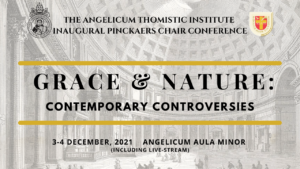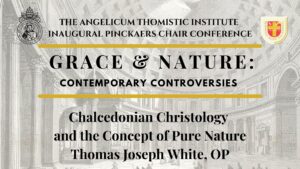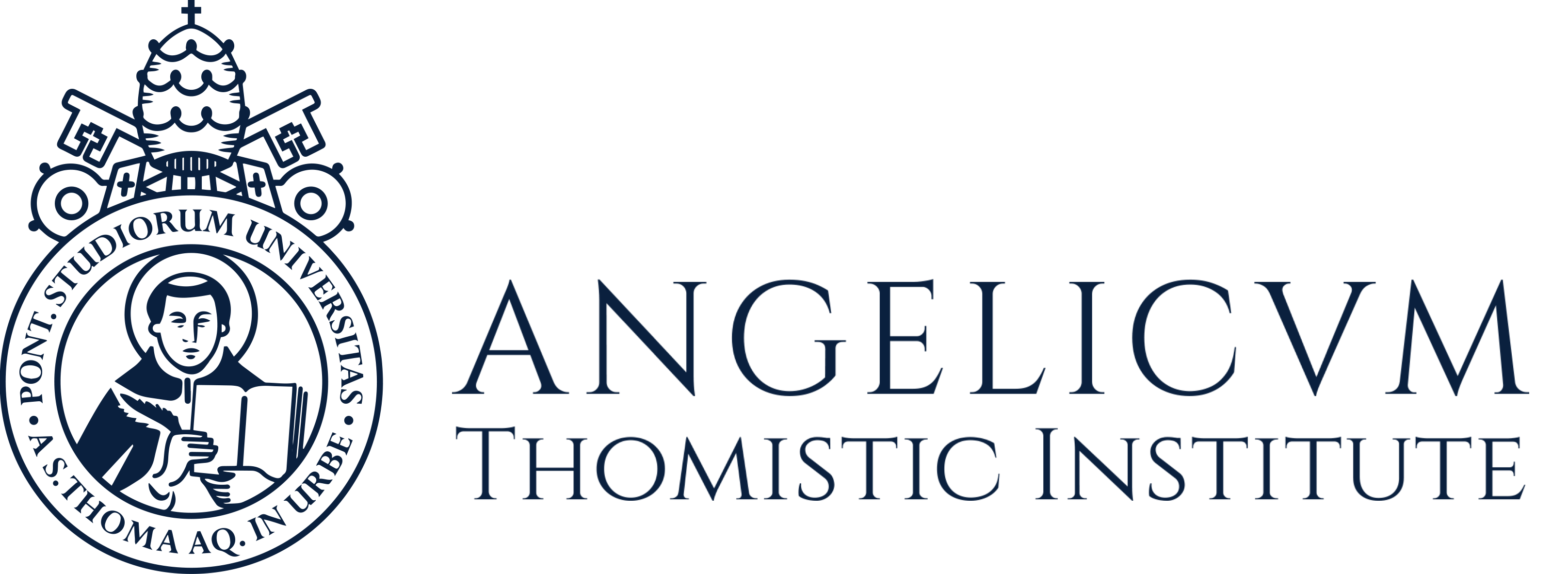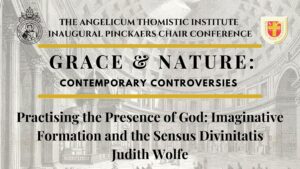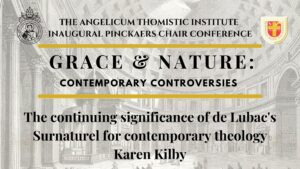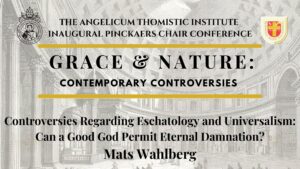Can God Work Through Other Religions?
Giulio Maspero
Pontifical University of the Holy Cross
The question of universal salvation has a starting point, even from a historical perspective, at the metaphysical level, because philosophy sought and proposed salvation. The essential question is what salvation? In the passage from the Old Testament to the New Testament we see a universalisation of that salvation, which is based on the identification between Jesus and the Creator. The Fathers of the Church explored this tension, developing the shift from Logos-theology to salvation in Christ. In the Middle Ages, the confrontation between the three monotheisms and the philosophical instance lead to a confrontation between the Franciscan and the Dominican school. The dialectical tension between creation and salvation introduced by the Reformation had direct consequences on the question, which will explode first with the discovery of America, then with the Enlightenment and the numerous scientific and phenomenological data provided by positivism. This led to a rebirth of theological thought with the “ressourcement” that began in the 19th century and flourished in the 20th. Hence the question of the relationship between non-Christian religions and salvation run through the confrontation between Rahner and Balthasar, up to the genitive theologies, the postmodern critique of the logos and the trend towards post-humanism.
This lecture was originally livestreamed on December 3, 2021 as part of the Grace & Nature: Contemporary Controversies Conference held at the Angelicum in Rome. All of the talks for this conference are available on our YouTube page in this playlist.
Fr. Giulio Maspero is full professor at the Faculty of Theology of the Pontifical University of Holy Cross (Rome). He is member of the Association Internationale des Etudes Patristiques (AIEP) and a full member of the Pontifical Academy of Theology (PATH). He has published mainly on Gregory of Nyssa, Trinitarian theology and the relationship between philosophy and theology. In particular, he has published Trinity and Man (Brill, Leuven 2007) and has directed, together with L.F. Mateo-Seco, The Brill Dictionary of Gregory of Nyssa (Brill, Leuven, 2009) and, together with R. Wozniak, Re-thinking Trinitarian Theology (T&T Clark, London 2012). His most recent monographs are Essere e relazione (Città Nuova, Roma 2013), Dio trino perché vivo (Morcelliana, Brescia 2018), the latter devoted to the pneumatology of the Greek Fathers, and The Mystery of Communion, and Encountering the Trinity (St. Augustine’s Press: South Bend (IN) 2021). He also edited with Pierpaolo Donati and Antonio Malo the volume Social Science, Philosophy and Theology in Dialogue (Routledge, London 2019) and with Martin Schlag After Liberalism? A Christian Confrontation on Politics and Economics (Springer, Cham 2021)
Related Content
